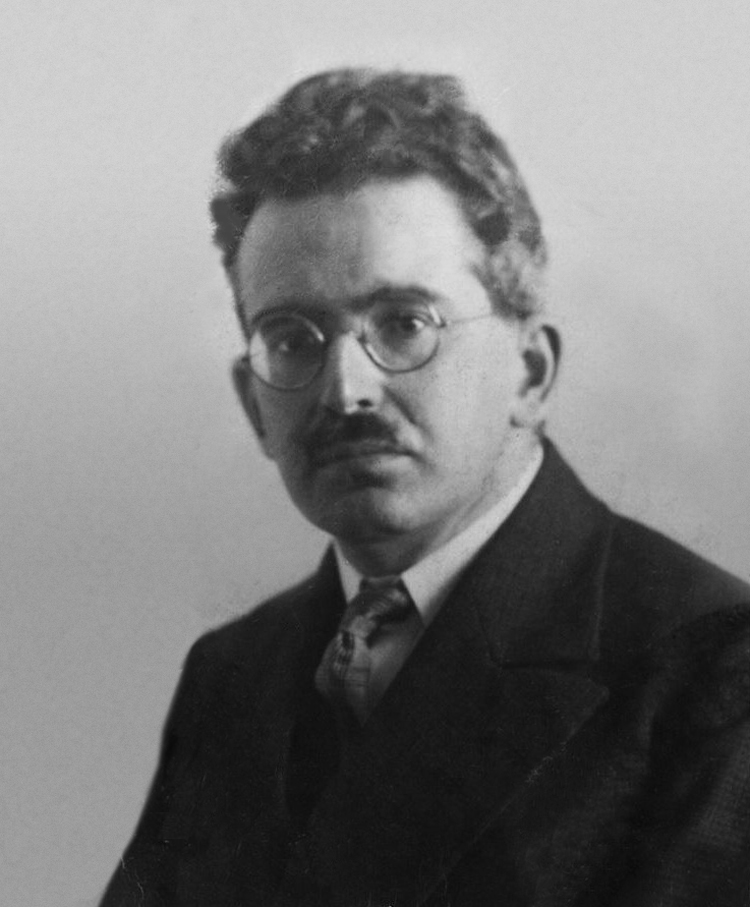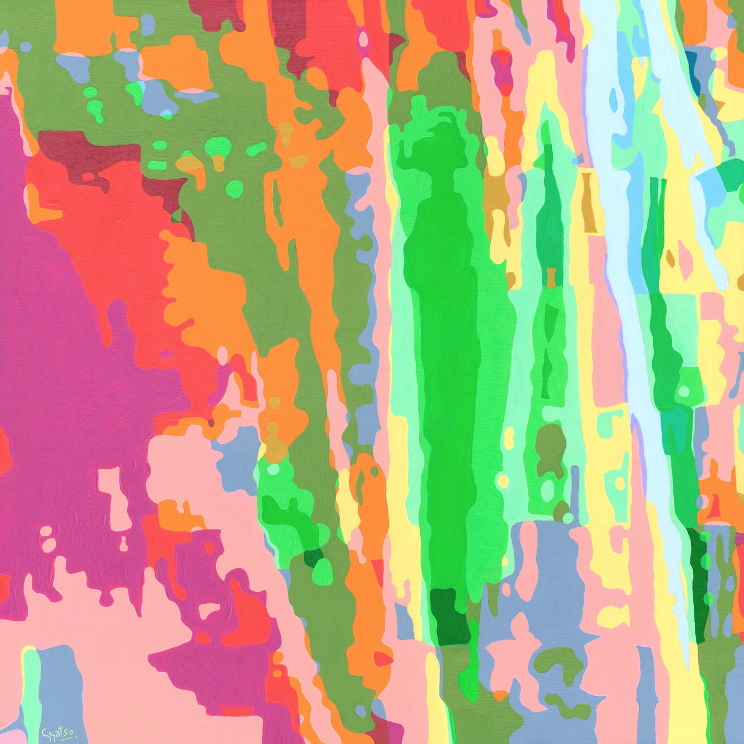
Musharbash, Yasmine and Gershon, Ilana (eds.). 2023. Living with Monsters: Ethnographic Fiction about Real Monsters. Goleta, CA: Punctum Books
Punctum Books For every generic type of monster—ghost, demon, vampire, dragon—there are countless locally specific manifestations, with their own names, traits, and appearances. Such monsters populate all corners of the globe haunting their humans wherever they live. Living with Monsters is a collection of fourteen short pieces of ethnographic fiction (and a more academically inclined introduction and afterword) presenting a playful, spirited, and engaging look at how people live with their respective monsters around the world. They focus on the nitty-gritty dos and don’ts of how to placate spirits in India; how to domesticate Georgian goblins, how to live with aliens, how to avoid being taken by Anito in Taiwan, while simultaneously illuminating the politics of monster–human relations. In this collection, anthropologists working in field sites as diverse as the urban Ghana, the rural US, remote Aboriginal Australia, and the internet present imaginative accounts that demonstrate how thinking with monsters encourages people to contemplate difference, to understand inequality, and to see the world from new angles. Combine monsters with experimental ethnography, and the result is a volume that crackles with creative energy, flouts traditions of ethnographic writing, and pushes anthropology into new terrains.
Benjamin, Walter. 2007 [1936]. “The Storyteller: Reflections on the Works of Nikolai Leskov.” In Illuminations: Essays and Reflections. New York: Schocken Books. 83-109.
eversion (Cornell) “The Storyteller” explores the decline of traditional storytelling in modern society and reflects on its cultural and existential significance. Benjamin examines how the rise of modernity has led to the erosion of the storytelling tradition. Benjamin argues that through the act of storytelling, experiences are passed down from generation to generation, shaping the understanding and identity of a community. However, in modern times, the nature of storytelling has changed. With the advent of technologies like writing, print, and mass media, the transmission of stories has become more fragmented, detached, and individualistic. Benjamin explores the distinct qualities of the storyteller and highlights how this figure, deeply embedded in communal life, possesses a unique ability to connect with audiences, evoke empathy, and impart moral and existential insights. The storyteller, in Benjamin’s view, is a seasoned individual who has experienced life firsthand, carrying within them a wealth of knowledge and wisdom accumulated through personal encounters and shared narratives. This depth of experience enables the storyteller to engage listeners in a profound way, bridging gaps between generations and fostering a sense of collective identity and understanding.
McLean, Stuart. 2017. Fictionalizing Anthropology: Encounters and Fabulations at the Edges of the Human. Minneapolis: University of Minnesota Press.
UMN Press What might become of anthropology if it were to suspend its sometime claims to be a social science? What if it were to turn instead to exploring its affinities with art and literature as a mode of engaged creative practice carried forward in a world heterogeneously composed of humans and other than humans? Stuart McLean claims that anthropology stands to learn most from art and literature not as “evidence” to support explanations based on an appeal to social context or history but as modes of engagement with the materiality of expressive media—including language—that always retain the capacity to disrupt or exceed the human projects enacted through them. At once comparative in scope and ethnographically informed, Fictionalizing Anthropology draws on an eclectic range of sources, including ancient Mesopotamian myth, Norse saga literature, Hesiod, Lucretius, Joyce, Artaud, and Lispector, as well as film, multimedia, and performance art, along with the concept of “fabulation” (the making of fictions capable of intervening in and transforming reality) developed in the writings of Bergson and Deleuze. Sharing with proponents of anthropology’s recent “ontological turn,” McLean insists that experiments with language and form are a performative means of exploring alternative possibilities of collective existence, new ways of being human and other than human, and that such experiments must therefore be indispensable to anthropology’s engagement with the contemporary world.